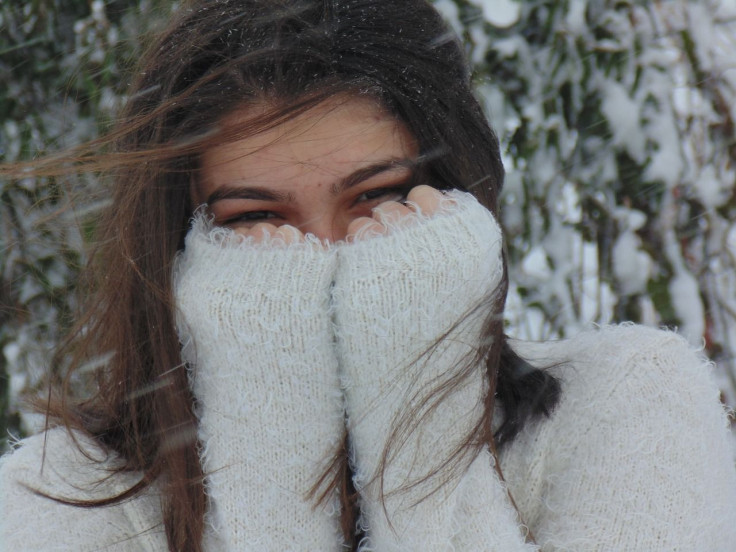Prevent Suffering From Skin Inflammation This Winter By Avoiding This One Thing

For those who have sensitive skin or are prone to a host of skin disorders, a UK winter could be particularly challenging. With temperature warnings from the Met Office saying it could fall below freezing next week, the cold weather could wreak havoc for those who have sensitive skin. This is particularly true for persons who have dry skin and prone to eczema.
Cold Wind
Dr. Felton says that the cold wind can further dry and irritate the skin of those who have sensitive epidermis. If you have or are prone to eczema, the artificial indoor heating can also become a source of irritation for your skin condition.
A lot of people, and parents, often run a warm bath to make the evenings less chilly. A hot temperature, however, could worsen the condition of those suffering from eczema.
No Hot Baths
This is why Dr. Felton recommends avoiding hot baths during this time of the year. She said that while a lot of people prefer hot baths, particularly during wintertime, too hot a temperature can wreak havoc on the natural balance of skin moisture.
Having a hot bath with the temperature set too high can cause natural oils and fats on the skin to be removed. Doing so would remove the very protection that keeps your skin healthy and results in the further drying of the skin.
Dr. Felton also said that hot baths could cause more inflammation, itching, and redness to the skin. On the other hand, colder temperature provides the skin with many benefits. Dr. Felton, however, admits no one would want to take a freezing bath. She recommends setting the temperature to the optimum level and that which is similar to your body temperature of approximately 37 to 38 degrees.
Identifying the Difference
Identifying the difference between eczema and dry skin is vital for its treatment. She said that eczema would oftentimes begin with dry skin. This may develop into dry and itchy red patches, which is already a characteristic of eczema.
Dr. Felton says that these usually occur on the cheeks of babies. As they begin to learn to walk, such red patches may more conspicuous in the flexures like behind the knees. The skin condition is also common in children who are related to individuals who are sensitive to allergens. Such conditions can include asthma, hay fever, and eczema.
© Copyright IBTimes 2024. All rights reserved.





















